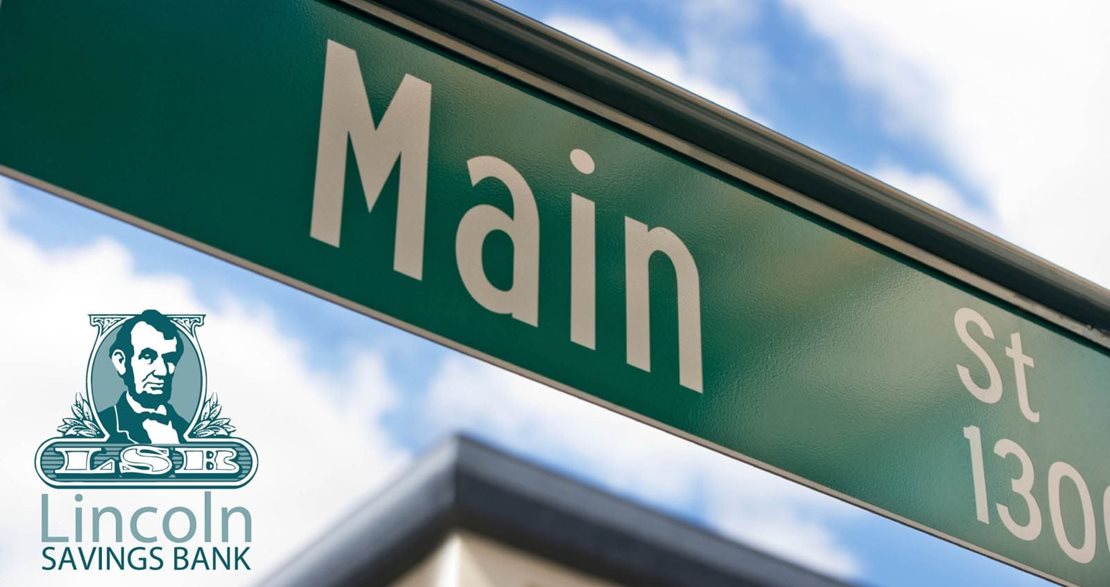
Recognizing the Problem
After years of economic stagnation across the country, policymakers in Washington have made stronger economic growth and investment a top priority in 2017. While many policy areas targeted for reform will be subject to bitter debate on Capitol Hill, there is broad bipartisan support for one important catalyst for development: regulatory relief for the nation’s more than 5,800 community banks.
Community banks make up less than 20 percent of the financial industry’s assets while providing more than half of the nation’s small-business loans. Despite their low risk and high reward for local economies like ours, community banks suffer from an onslaught of new regulations dating back well before the 2008-09 financial crisis—a calamity they did not cause.
A False Hope for Change
Washington’s response to the crisis, while intended for the Wall Street behemoths that caused it, has only exacerbated community bank overregulation and restricted consumer access to credit across the nation and right here in our own backyard. According to a 2015 SNL survey of community banks, 35 percent of respondents said regulatory compliance costs increased by at least 30 percent over the previous five years.
The impact of this excessive regulatory burden trickles down on local customers and communities. The Independent Community Bankers of America, an association that exclusively represents community banks, in 2015 released a lending survey in which 75 percent of community bank respondents said new mortgage regulations are keeping them from making more residential mortgage loans. To combat runaway regulation and allow community banks to get the economic recovery back on track, community banks nationwide advocate pro-growth policies that would allow continued access to local banking.
A Solution is Worth the Fight
Legislation pending in Congress would advance reasonable regulatory relief for these Main Street institutions. For instance, the legislation would cut red tape in small-business lending by eliminating unnecessary data collection and support cost-benefit analyses of new rules to ensure they are justified. Together with many other common-sense policies, these provisions would achieve what policymakers from both sides of the aisle say they want: community banks focused on improving local economies rather than juggling regulatory mandates.
Community banks are a financial lifeline to many American families and a tremendous source of financing for small businesses. A recent study from the 12 Federal Reserve Banks found that small businesses that apply for loans with community banks are the most successful and the most satisfied with their borrowing experience, ahead of credit unions, large banks and online lenders.
Releasing the economic power of community banks will produce an immediate and practical benefit for our economy and help include more Americans left behind by our nation’s spotty recovery. By acting quickly on much-needed reforms, Washington can support a targeted regulatory system that will help local institutions dedicate more of their resources to helping local economies grow.
Lincoln Savings Bank, Member FDIC

